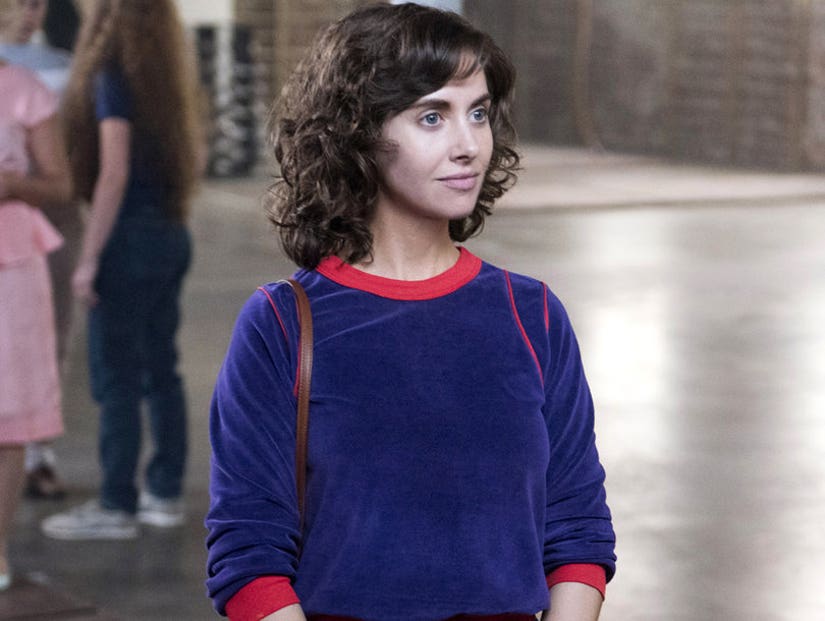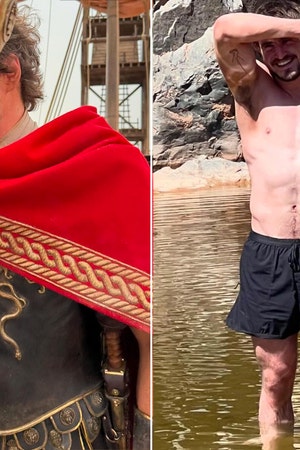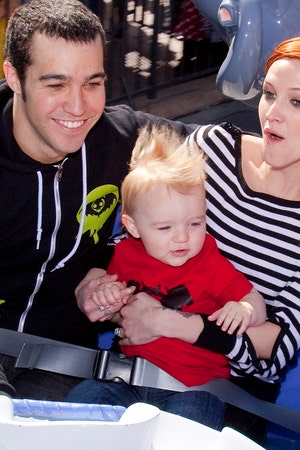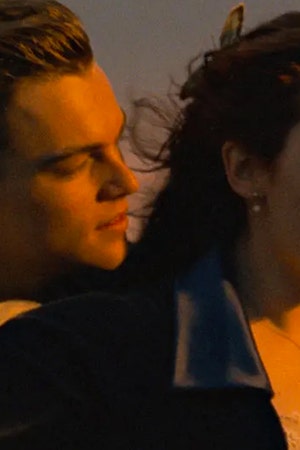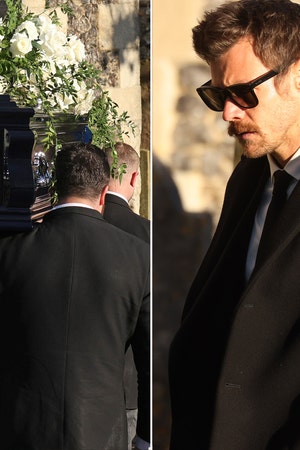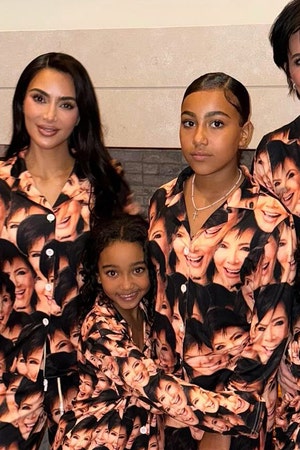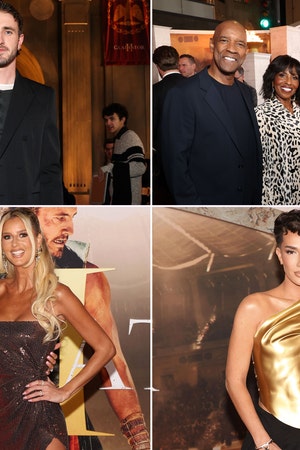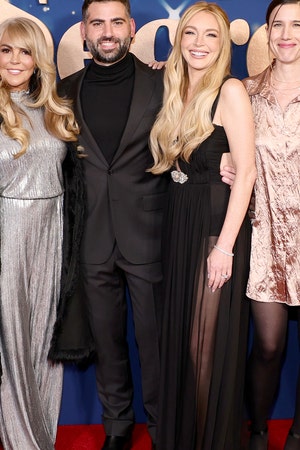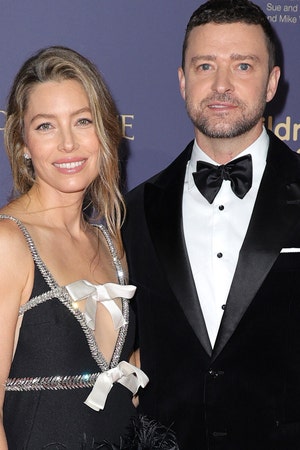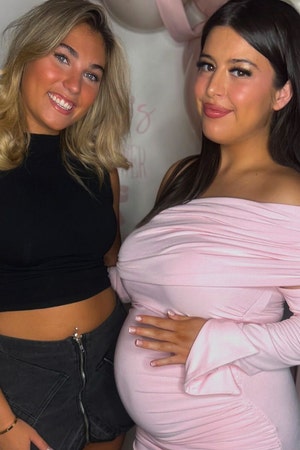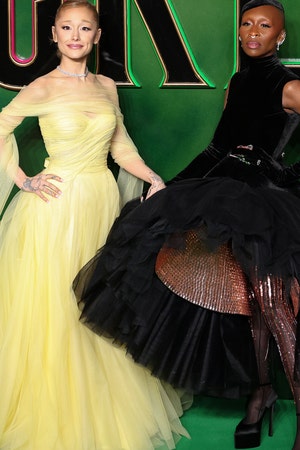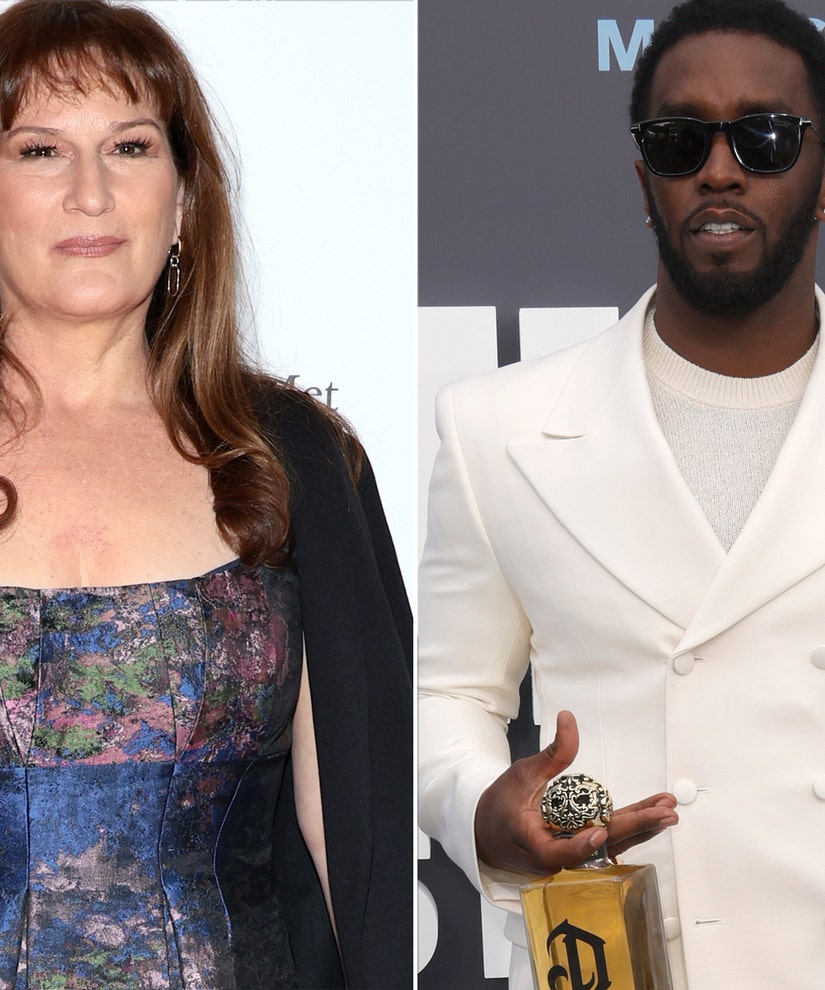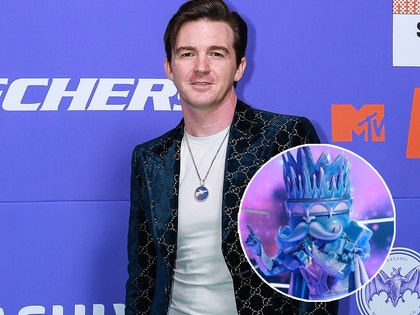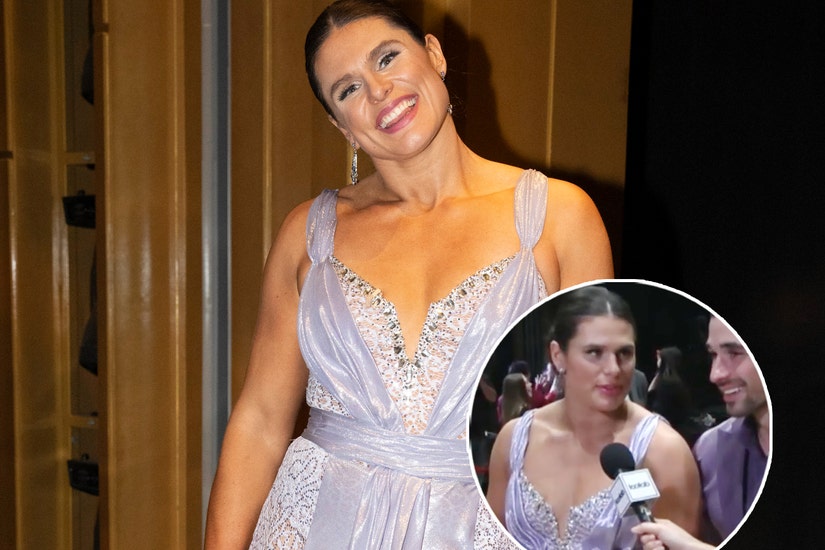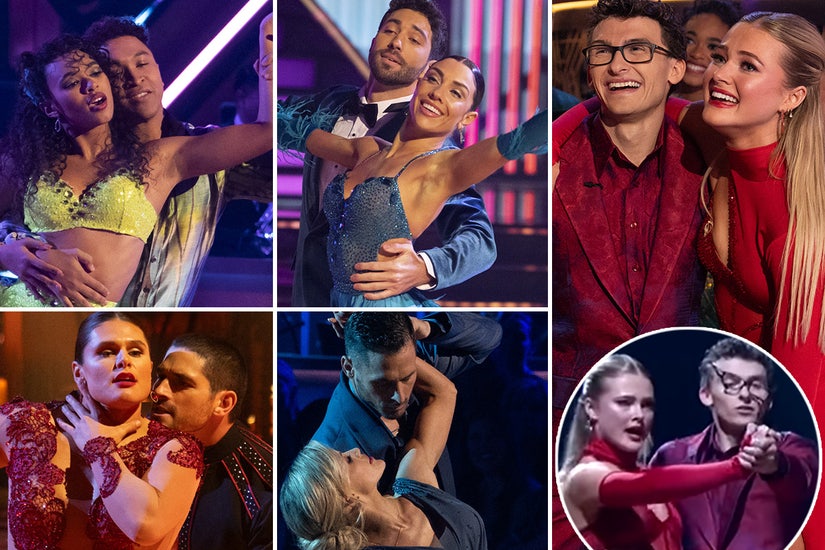Alison Brie has cornered the market on a very particular character: The go-getting girl next door who harbors a little bit of a secret dark side, and is more than a little bit annoying. She debuted it in NBC's beloved cult sitcom "Community," playing the neurotic Annie, and she perfects it in "GLOW," as the ambitious and desperate Ruth.
Ruth is the quasi-protagonist of "GLOW," the new Netflix series about the real women's wrestling league of the same name that operated in the late '80s. But "GLOW" is a true ensemble show, a half-hour comedy that feels a whole lot like "Orange Is The New Black" set in a Duran Duran music video instead of a contemporary prison.
Conveniently, the two Netflix series are both executive produced by Jenji Kohan, who now has cemented her own signature style. With a dozen women on the GLOW roster, the series also ably juggles a lot of intersecting storylines, though some are more interesting than others.

'GLOW' Star Alison Brie and Jimmy Fallon Swap Stories About Awful Haircuts (Video)
View StoryRuth is an actress with too much integrity to accept sexist and cliche roles, which in 1980s Hollywood means she's also an out-of-work actress. A semi-sympathetic casting director that she accosted in a bathroom after a bad audition (she performed the man's part) tips her off to a production in the valley looking for offbeat girls. Somehow, Ruth qualifies -- the '80s hairdo looks natural on Brie, so it's strange she's so often rejected out of hand -- and she goes to the audition.
It's not porn, which is a relief. But this wrestling league is almost as embarrassing, at least at first. There's a hodgepodge of women there to try out, and some are clearly not actresses. But Ruth is desperate, so she decides to give it a try. It doesn't go so well at first, because she immediately gets under the skin of the guy directing the production, played expertly by Marc Maron.
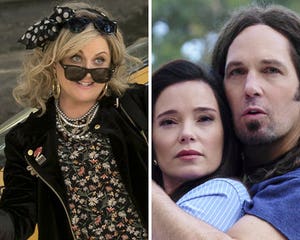
Camp Firewood Reunion In 'Wet Hot American Summer: Ten Years Later' Trailer
View StoryThe podcast host and comedian is known for his prickly demeanor and foul mouth, and he puts them to good use here. His character, Sam Sylvia, is a B-movie legend, but also a bit of an asshole, difficult to work with because he's so creatively stubborn. Maron is still a sympathetic character, and he gives that quality to the divorced, chain smoking Sam; in one mid-season episode, the ladies find his video dating tape.
Some of the women have more interesting stories than others, to the point that you begin to think some were just included because they couldn't only focus on a few people in a show about 15 or so people. Betty Gilpin plays Debbie as a lost soul shattered by her husband's infidelity, which sets up a rivalry that should be more exciting.
One of the better storylines and performances belong to Britney Young, whose Carmen comes from a proud wrestling family, and is the only one to be excited to be in the ring. Sydelle Noel brings nuance to the role of Cherry Bang, a black actress who is sidelined by the industry's racism and becomes GLOW's de facto trainer and enforcer.
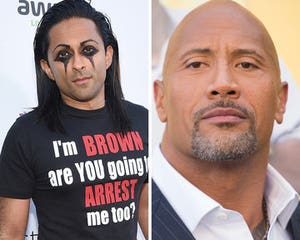 Getty
Getty
Netflix's 'Castlevania' Showrunner Blasts The Rock in Defense of Movie Critics
View StoryWhile not as focused on social issues, "GLOW" does take the perspective of not only women, but often women of color. Sam wants to exploit their races to create memorable ring characters, leading to a black woman (Kia Stevens) playing the role of Welfare Queen -- a prominent and damaging stereotype in the '80s -- and an Asian actress named Jenny (Ellen Wong) being forced to play Fortune Cookie. They object, but what power do they have?
Overall, "GLOW" is an easy watch, even if it's a bit slow in its first five episodes. Like in wrestling, casual viewers will want to get to the fighting as soon as possible, but the patient fan is rewarded by the rich characterization and story that takes time to build.

